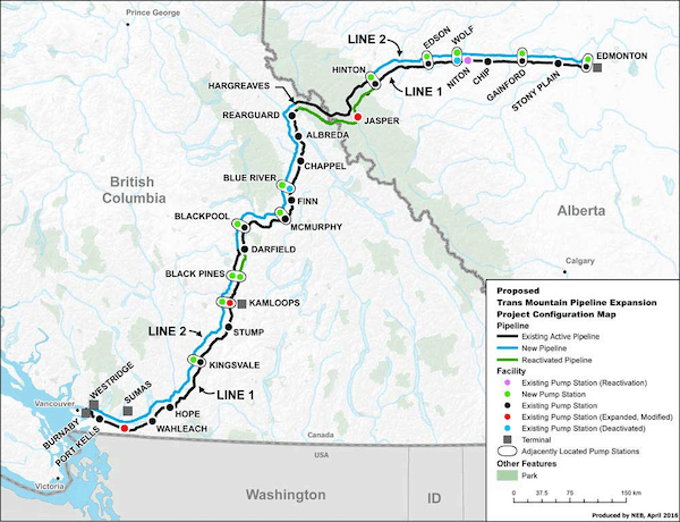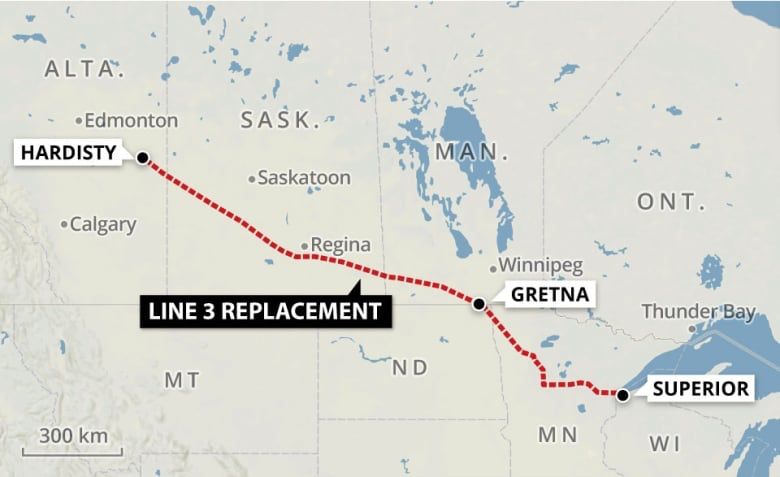Assessment of the Implementation of the Indigenous Advisory and Monitoring Committees for Trans Mountain Expansion (TMX) & Line 3 Energy Lines
2023 International Constantinus Award Nominee, National Champion of Canada
Full Project Team
- Jennifer Smith, FCMC, MPA, Prosci Certified, Innovation 7
- Erika Booth, Innovation 7
This mini case study is part of a series profiling nominees of the International Constantinus Award, showcasing excellence in consulting.
Background – The Challenge
In 2016, Canada approved two controversial energy lines – the Trans Mountain Expansion project and the Line 3 replacement project.
Accompanying these announcements, the Government of Canada committed to greater Indigenous participation in the oversight of these energy projects, beginning with the establishment and co-development of an Indigenous Advisory and Monitoring Committee (IAMC) for each of these energy projects.
Innovation 7 was hired to review the implementation of the IAMCs and to provide direction on the continued need and possible evolution of these committees. As an organization, Innovation Seven (i7) is committed to serve as a trusted advisor for the advancement of Reconciliation through education, equitable partnerships, and socio-economic growth.
The review was intended to:
- Assess the IAMCs’ continued relevance and need, achievement of stated objectives, and impact the committees were having in relation to improving Indigenous engagement, and input into the regulatory review, decision-making process, and oversight of these energy line projects;
- Assess how potentially impacted Indigenous Nations and communities are engaged in the pipeline development and the extent to which their concerns and requirements related to environmental and ecosystem were addressed and whether they are realizing economic benefits; and
- Ultimately, whether the committees were helping to increase trust among potentially impacted Nations and communities and federal regulators.
Engagement Review – The Solution
The Lines cut across several provinces and over 225 potentially impacted Indigenous nations / communities, underscoring the complexity of these large energy projects.
The project started at a time when there was high tension and distrust among the government and Indigenous Caucuses members of the two Committees. The goal of the IAMCs was to bring together Indigenous and federal leaders to provide advice to regulators and to monitor the respective pipeline projects. The committees were expected to form the basis of a new relationship between Indigenous peoples and the Government of Canada with respect to these energy projects.
Federal funding totaled $101.7 million to the IAMCs over a six-year period, from 2016-17 to 2021-22. These are two separate, distinct IAMCs – were both co-chaired by a representative of the Indigenous Caucus and NRCan. Each Committee was guided by a Terms of Reference (ToR). The review, itself, was guided by a Horizontal Working Group, which was composed of representatives of seven federal departments and agencies and eight Indigenous Caucus representatives.
The project was based on participatory research and evaluation methods, and acknowledged the asymmetrical power imbalances and systemic inequalities. The team at i7 made every attempt to address the concerns and needs of the key partners and stakeholders involved in the IAMCs and to find ways to bridge the two world views.
Findings
The review of the IAMCs found that these are indeed unique and innovative joint Indigenous and government advisory bodies that have increased Indigenous involvement in the federal monitoring and oversight of these large energy projects.
The report findings were supported by committee members. The assessment was able to demonstrate how the co-development process was essential to developing the Committees through the initial team storming phase*.
However, COVID-19 and the lack of opportunity to meet in person; governance; and limitations related to funding contributed to declining trust and overall Committee functioning.
The review identified the lack of understanding of the two worldviews, vastly different ways of doing business and the ability to integrate Indigenous ways of knowing into Committee practices as contributing to different expectations/vision even in light of the fact that the ToRs were co-developed.
Recommendations were made to support the continued improvement and evolution of the IAMCs, for which a management response and action plan is now being co-developed by federal and Indigenous leaders responsible for the IAMCs. It also included recommendations to inform future joint Indigenous and government governance bodies.
The Committees started out positively, very much focused on co-development and collaboration on these complex issues. However, they were challenged to build sustainable, trust-based, respectful relationships. More work is needed to bridge the different world views and experiences of all players.
The Value of CMC
The Certified Management Consultant (CMC) designation requires commitment to the highest professional and ethical standards through adherence to a Uniform Code of Professional Conduct.
The purpose of this Code is to identify those professional obligations that serve to protect the public in general, the client in particular, and the reputation of Certified Management Consultants.
I7 adheres to this Code of Conduct, which guides its consultants’ and researchers’ activities.
They also adhere to research ethics, particularly the First Nations Information and Governance Centre’s First Nations principles of Ownership, Control, Access, and Possession.
--
*Tuckman identified 4 typical stages of team development: Forming, Storming, Norming and Performing.




